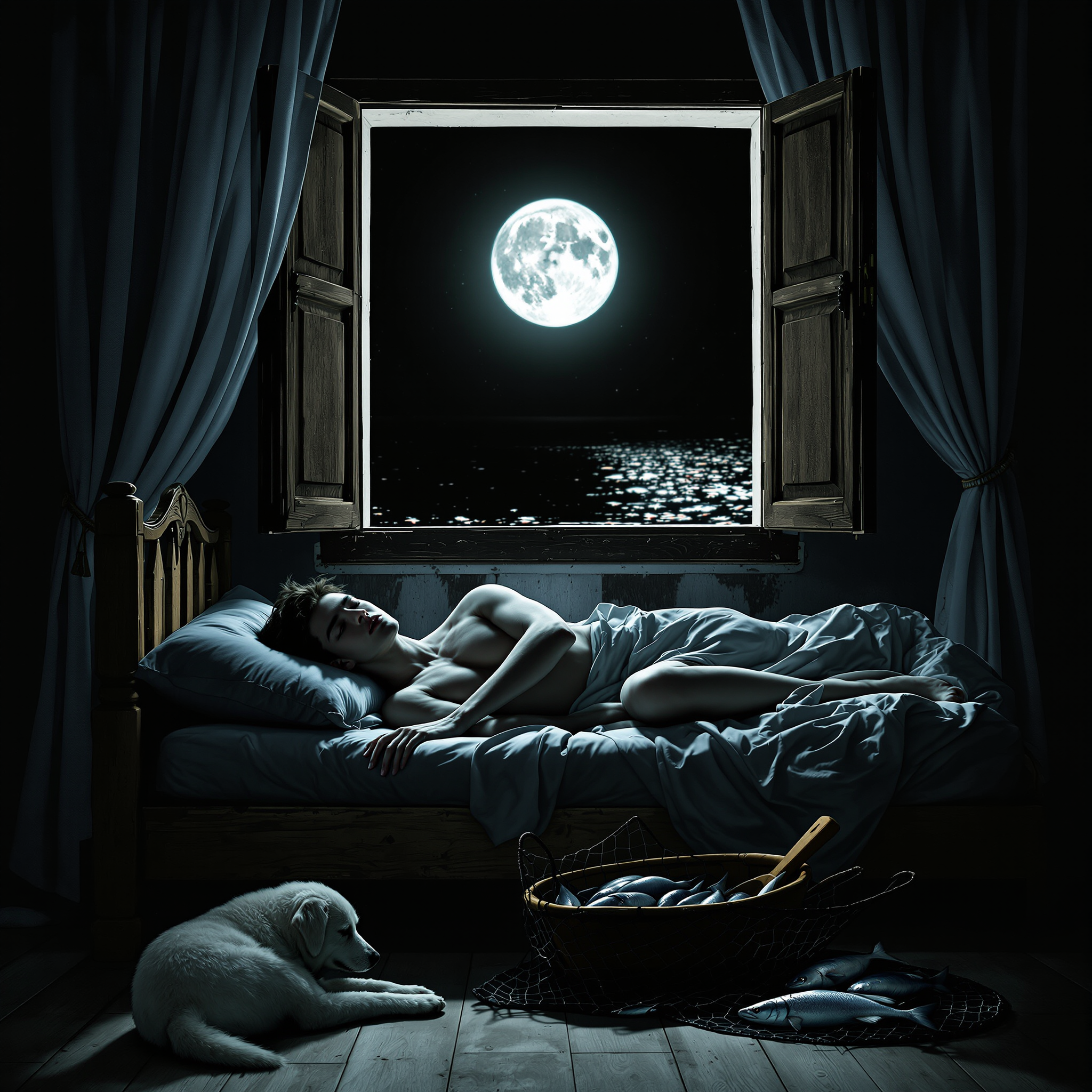This superstition advises people to avoid sleeping in direct moonlight, particularly with the light shining on their faces, as it was believed to cause conditions like lunacy, paralysis, or illness. Families would draw curtains or reposition bedding to minimize moon exposure during sleep. Likewise, fishermen and households were warned not to leave fresh fish or uncovered food in places where moonlight might shine on them, under the belief that the lunar rays would hasten spoilage or make the food unsafe for consumption. These actions serve as protective measures, stemming from the view that certain natural forces—like moonlight—possess mysterious powers that could alter the physical or mental state of people or perishables when left exposed.

A baby’s future career or fate is predicted by the first object they select during a ceremonial setup.
In several Asian and Eastern European cultures, a traditional ceremony is held for babies usually around their first birthday. Known


